Sydney, Feb 04 (V7N) — A major Australian green hydrogen project has been thrown into uncertainty after a state government withdrew its support, citing soaring costs—a significant blow to the country’s renewable energy goals.
The project, planned for central Queensland, was set to produce low-emissions hydrogen fuel for export to key markets like Japan and Singapore. The Australian government had pledged $40 million toward its construction, but on Monday evening, state officials pulled out, saying the required infrastructure costs had become unfeasible.
Climate Change Minister Chris Bowen called the decision "surprising and disappointing."
“Green hydrogen plays to Australia’s unique strengths, and we’re unapologetic about pursuing an industry that has an important role in the future of manufacturing and energy—both in Australia and globally,” he said in a statement on Tuesday.
It remains unclear whether the project can proceed without state backing. Bowen said it would now be a "commercial decision for the parties involved."
Japan’s Iwatani Corporation and Marubeni Corporation, along with Singapore-based asset manager Keppel, are listed as partners in the project.
A Queensland state spokesperson said that the cost of new infrastructure and shipping facilities would have run into hundreds of millions of dollars, making the project financially untenable.
The Australian government has been pushing for seven "hydrogen hubs" across the country, powered by solar and wind energy. These hubs would use electrolysis to split water into hydrogen and oxygen, producing so-called “green” hydrogen—a cleaner alternative to fossil fuels for industries like steel manufacturing.
Countries including Japan, Germany, and Singapore are eager for reliable hydrogen fuel supplies, but scaling up production has proved challenging.
Despite its promise, green hydrogen production has been hampered by high costs, technical hurdles, and slow market development.
In October, Australian utility giant Origin Energy abandoned a planned hydrogen plant, citing slower-than-expected global demand. Mining billionaire Andrew Forrest also scrapped similar plans last year.
The International Energy Agency (IEA) has warned that uncertainty over demand, financial hurdles, and regulatory issues have already led to multiple project cancellations worldwide.
As Australia aims to position itself as a global hydrogen leader, the fate of this project—and others—will be closely watched.
END/WD/RH/



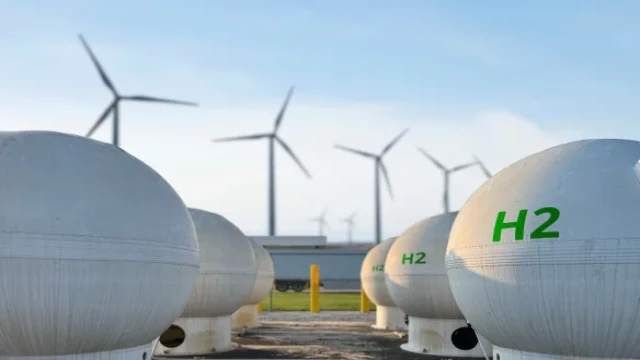
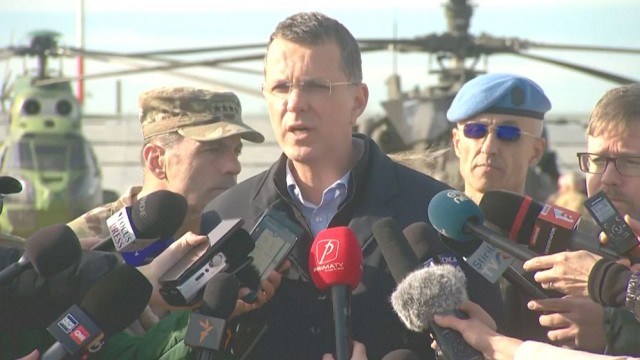
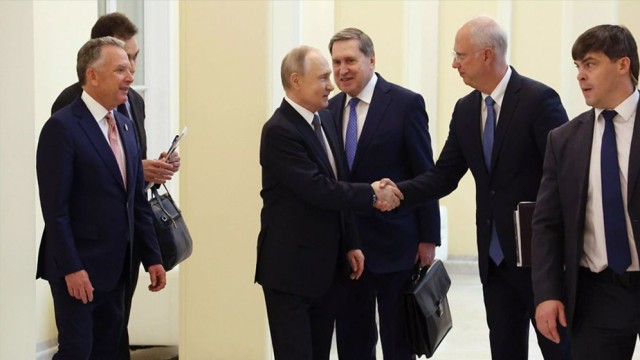
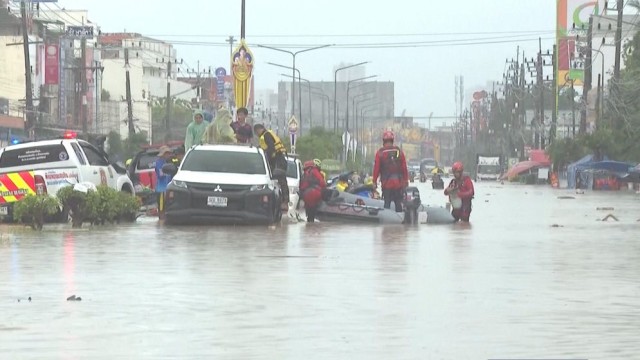


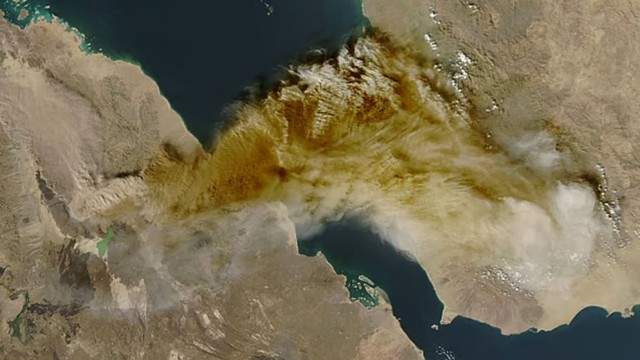
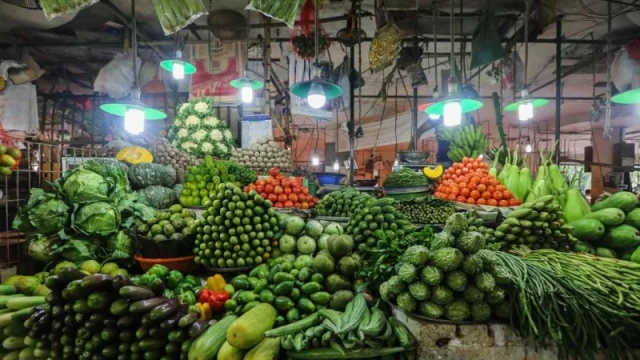


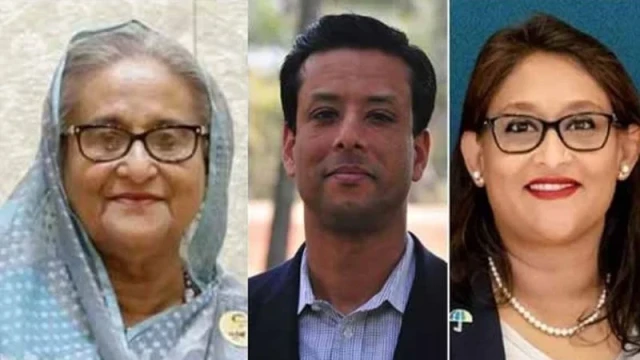
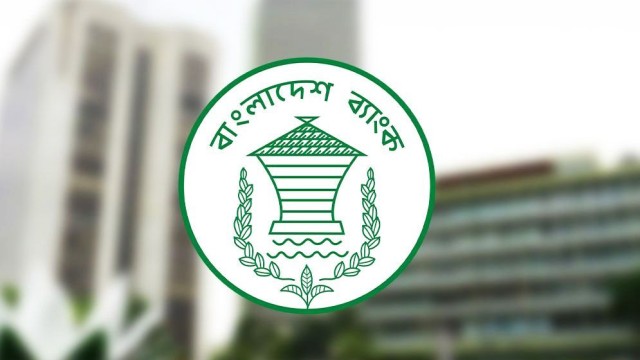









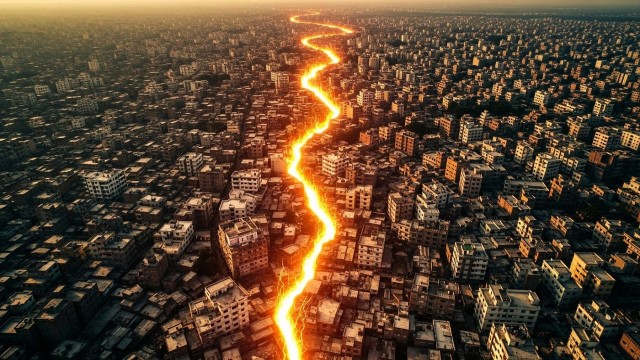


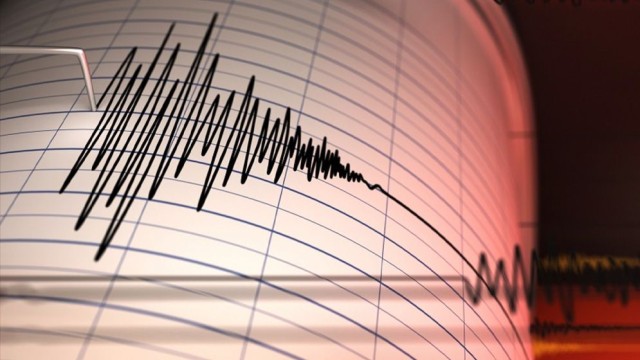
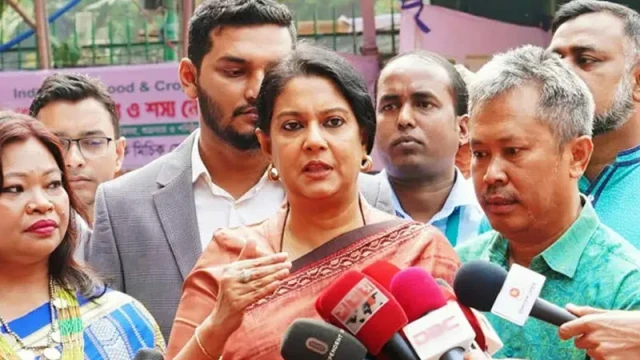


Comment: